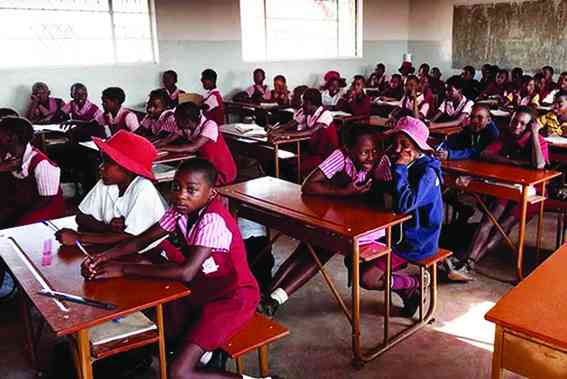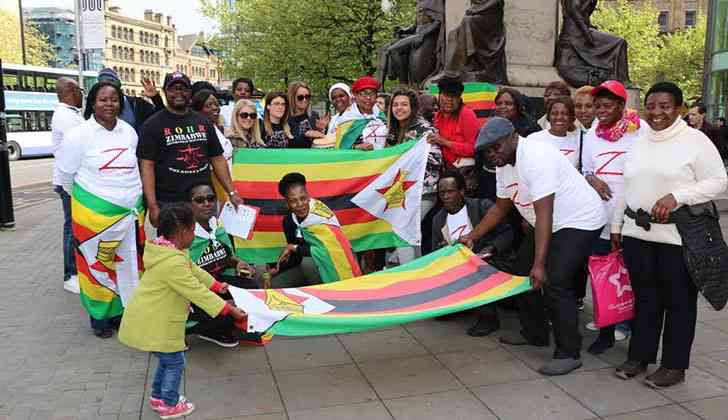
AFRICA’S vast potential is overshadowed by a crippling debt burden, exceeding US$1,8 trillion in 2023.
This represents a staggering 60% of the continent’s gross domestic product (GDP), a sharp increase from US$468 billion in 2010 (World Bank, African Development Bank, 2023).
This suffocating debt significantly impacts social well-being, with education being a prime casualty.
Dedicating a large portion of government budgets to debt servicing leaves less for critical sectors like education.
In 2022, sub-Saharan Africa spent a meagre 4,1% of its GDP on education, falling short of both the global average and the recommended 6% (Unesco, 2023).
This shortfall forces governments to implement austerity measures, often resulting in low teachers’ salaries which discourages qualified individuals from entering the profession and leads to high teacher turnover.
On the other hand, this has resulted in teacher shortages leading to large classes and decreased personal attention hindering effective learning.
Due to shortages of funds there is inadequate learning materials: budget cuts mean limited access to textbooks, technology and other resources necessary for quality education.
- Open letter to President Mnangagwa
- Feature: ‘It’s worse right now than under Mugabe’: Sikhala pays the price of opposition in solitary cell
- Masvingo turns down fire tender deal
- Human-wildlife conflict drive African wild dogs to extinction
Keep Reading
The consequences of this debt burden are evident across Africa.
In Zimbabwe there was a 15% education budget cut between 2019 and 2022 which resulted in teacher shortages and insufficient learning resources.
In Kenya a 10% decrease in education spending was witnessed since 2018 and this negatively impacted school infrastructure and teacher training programmes.
In Chad, there was a 20% decline in education funding in the past five years resulting in a limited access to quality education, particularly in rural areas.
Most of these African countries have debt-to-GDP ratios exceeding the recommended 60%, while falling short of the 20% investment in education proposed by Unesco to achieve Sustainable Development Goal 4 for quality education.
The debt burden creates a vicious cycle that perpetuates poverty and impedes development.
High debt servicing gives rise to reduced government expenditure leading to exorbitant school fees, pushing pupils out of school and widening the education gap, particularly for vulnerable populations.
This results in a poorly educated population which lacks the skills and knowledge needed to compete on the job market, hindering national economic development.
Lack of education traps families in a cycle of poverty, children struggling to find decent jobs and improve their living standards.
An uneducated population is more prone to social unrest, extremism and health problems, posing additional challenges to stability and development.
Breaking the cycle: A way forward
There is hope for Africa to break free from this debt-education stranglehold. A multi-pronged approach is needed.
There is need for debt cancellation and restructuring. Advocating debt cancellation for heavily indebted countries and fair restructuring of debts can free up resources for investment in education and other crucial sectors.
There is a need to combat Illicit financial flows. Tackling tax evasion and illegal capital outflows can increase available resources for debt repayment and development.
Africa must efficiently direct tax revenue towards development and avoid unnecessary expenditure.
There is need to invest more in education: This includes teacher training and offering competitive salaries to attract and retain qualified educators.
Curriculum development to equip students with the skills needed for the 21st century is also necessary.
By implementing these solutions, African countries can invest in their most valuable resource — their people.
An educated and skilled population is the key to unlocking Africa’s full potential and pave way for a brighter future.
- Augustine Gwata is an economist and policy analyst










